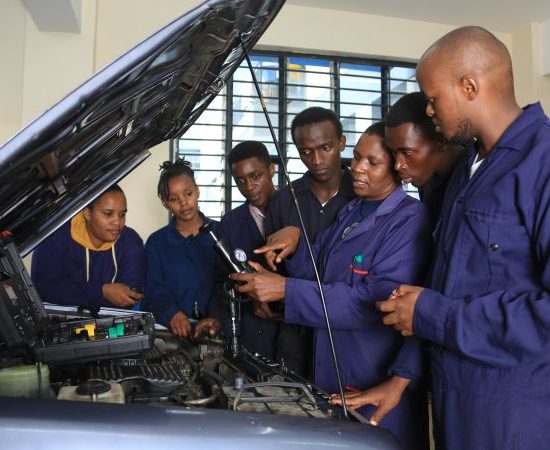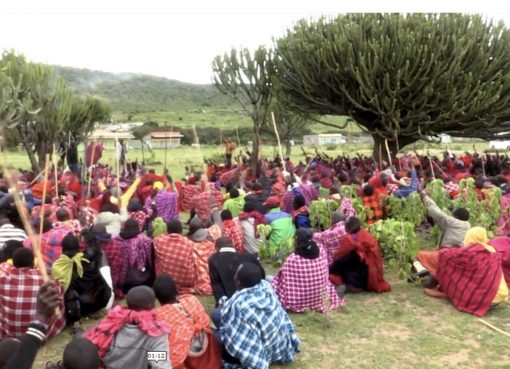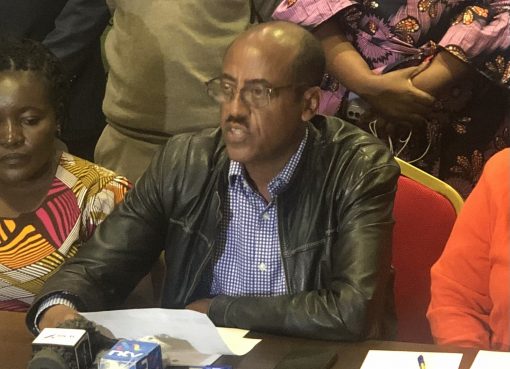Nakuru County Government, in partnership with institutions of higher learning and industry players, is in the process of establishing innovation and research centres that will help develop capacity and equip trainees and graduates with the requisite Job-market skills.
Deputy Governor David Kones said the envisioned centres are expected to provide students with life skills support, including professional guidance and mentorship, business skills on how to build scalable products and roll them out to the market successfully, as well as how and why they should patent their products.
While noting that the innovation centres will be critical for students to make use of their skills, such as personal branding, to get jobs, Mr. Kones explained that the new centres scheduled to be set up in the 11 Sub-Counties will also serve as a link between students and already established companies that require their innovations.
He said the county was committed to implementing the project intended to support the life cycle of innovations, from inception to market diffusion and commercialization, to enable scientific findings, knowledge and intellectual property to flow from creators to the beneficiary communities.
The Deputy Governor said the country’s continued economic competitiveness and sustainable development have been achieved by intensifying technological innovations, adding that Kenya’s economic growth was large as a result of the translation of ideas, knowledge, and skills into products, services, and processes.
Speaking at the County headquarters when he hosted a team from Kabarak University, The Deputy Governor underscored the importance of innovation in creating jobs and incomes for the youth while acknowledging that many young innovators were often held back due to lack of resources and platforms to showcase their talents.
Kabarak University has already signalled its intention to ink a Memorandum of Understanding (MOU) with the County Government of Nakuru geared towards bolstering the devolved unit’s capacity to set up and manage innovation centres.
This initiative is part of the University’s Innovation Ecosystem Strengthening Programme, which has identified several obstacles impeding the growth of innovation in selected TVETs and Counties in the Central Rift Valley Region.
The Deputy Governor said the centres will support research, idea generation and value creation of ideas in addition to becoming platforms for connections and networks.
The innovation centres will further promote entrepreneurship, business incubation and mentorship by providing ICT infrastructure and expertise, which Mr. Kones noted would be relevant to the rising number of young entrepreneurs and unemployed college graduates.
“It will enable the youth to develop and market their innovations, as well as access business and job opportunities, and undertake academic research. The centre will also assist local farmers to solve farming problems and access market information,” said Kones.
The Deputy Governor observed that science, technology and innovation were increasingly important to Kenyans’ personal lives and were fundamental to the economic development of the country.
The Deputy Governor indicated that cultivating business ideas among youths early holds the key to lifting the country’s economy to a higher pedestal and could provide a solution to the ever-rising cases of unemployment, currently standing at 70 percent among the youth.
Every year, universities, technical vocational education training institutions (TVETs), and polytechnics in Kenya have been churning out over 50,000 graduates, marking the beginning of a long and arduous search for jobs.
The Scientific Advisory Board established by the United Nations to advise on the achievement of the Sustainable Development Goals concluded that if countries wish to break the poverty cycle, they will have to set up targets for investments in Science, Technology and Innovation.
By Esther Mwangi and Sam Karanja





